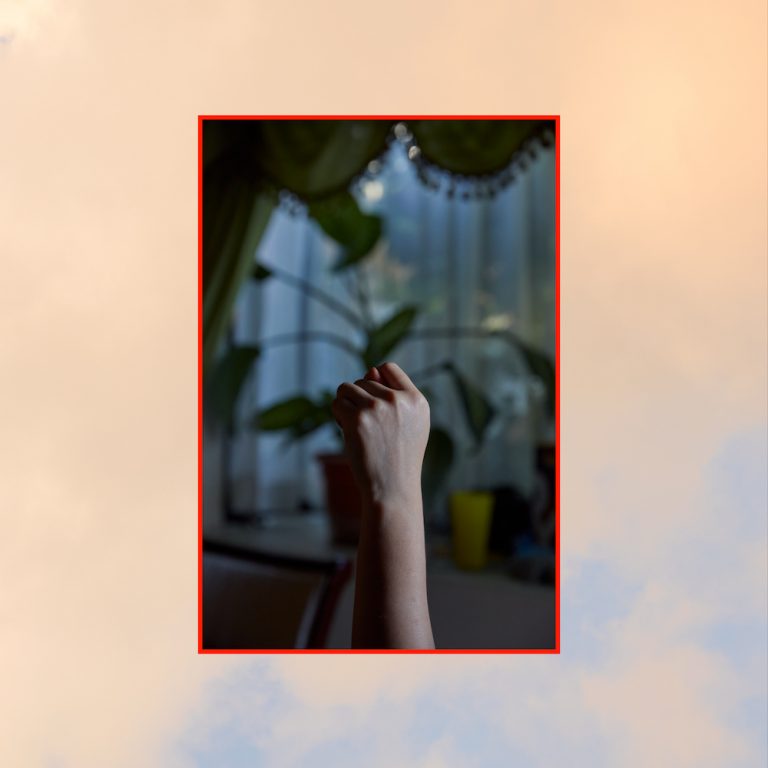Openness is a messy thing. Especially when the means of communication makes for a murky transit between giver and receiver. You could be your most honest, most candid self, yet still not make a ton of sense to your surroundings.
Something approximating this sentiment must’ve struck Guatemalan-born, Mexico City-based artist Mabe Fratti as she visited an abandoned juice factory turned artist residence called La Orduña. Initially, Fratti wasn’t interested in making a record: she simply went there to connect with like-minded souls. A congregation without hidden agenda.
Of course as the pandemic hit, Fratti suddenly found herself stranded at La Orduña for about a month. This unintentionally prompted her to reach for a more urgent form of communication than broken verbal dialogue: her music. Será que ahora podremos entendernos? translates to ‘Will we be able to understand each other now?’. The wish to be understood, and the many roads one can take to share that understanding, stands at the root of this project.
This music, however, doesn’t seem to be interested in answering this question with a clear, hermetically-sealed pronouncement. Fratti instead preoccupies her craft with the act of reaching out and expressing that wish to be understood, only to take comfort in what remains lost in translation. The album has a quagmire-like sonic quality: electronic sounds, voices, field recordings of nature and the melancholic tones of the cello – Fratti’s most personal instrument – create a primordial soup from which new shapes of comprehension surface and walk ashore.
“Inicio vínculo Final” sounds like an overgrown junkyard of pure feeling, forcing the listeners through its frigid corrosive shards of guitar noise. The higher cello tones Fratti discharges lift the music from the soil in such earth-shatteringly moving fashion. Traditionally, the cello is contextualized with an act of sadness or mourning, but here its warm melodies tractor beam this sharp-edged composition upward, while low swells of synth provide a soft cushion underneath. This is music that tells you it’s okay to be confused and completely out of whack.
The Arthur Russell-inspired “En Medio” sounds like a Slowdive cut from Pygmalion that’s been aged, disheveled and estranged from civilization by a lifetime of reclusiveness. The track was made with Huge Cuezada, who some might know from the Anika Henderson-led noise outfit Exploded View. Texas-based composer claire rousay works some of her magic on “Hacia el Vacío”, which ebbs and flows between dirges of freeform string arrangements and skeletal song-oriented segments guided by strained stabs of cello. Fratti, an accomplished multi-instrumentalist and producer, cracks open the ribcage and snatches your heart with her affecting vocal performance here. On Será que ahora podremos entendernos?, you get the sense she is singing out of unbridled longing, regardless of whether the tapes were rolling or not: Pavlovian outcries from the spirit that transport you back to the scenery.
The throbbing, more electronic-tinged “Que Me Hace Saber Esto” (“How Does it Change Me to Know This”) appears like a lucid fever dream amidst the album’s more lived-in arrangements, instilling a sense of alienation and fraughtness: the mind rebelling and recoiling within vestiges of supposedly familiar, comforting pastures. According to Fratti in this excellent interview with Atwood Magazine, Será que ahora podremos entendernos? was supposed to end right then and there.
But something mysterious in Fratti – a feeling too strong yet to be domesticated by words – pulled her back into that tangible space with others again. The album ends with a track that takes comfort in not knowing how it ends called “Un Día Cualquiera” (“Any given day”). It’s a spirited, chaotic jam with friends that revels in its improvisational nature: the struggle to understand takes a backseat to the fortitude to meet each other through that struggle. The resulting change may have been long-winded, messy and hard won. Still, we move on.

